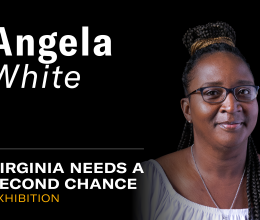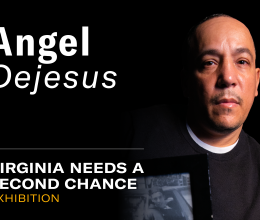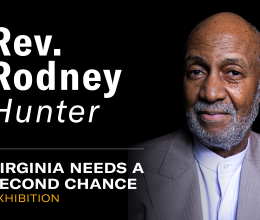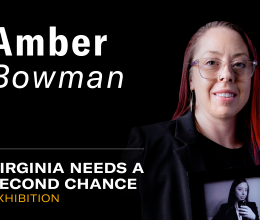The Legal Aid Justice Center (LAJC) filed a lawsuit in 2016 against Virginia Department of Motor Vehicles (DMV) Commissioner Richard Holcomb on behalf of four people whose driver’s licenses were suspended automatically for nonpayment of court fees. That case is now on appeal to the federal U.S. Circuit Court of Appeals for the Fourth Circuit in Richmond.
On Wednesday, August 16, the ACLU of Virginia joined the NAACP and 17 other civil rights groups in filing a brief in the appeals court supporting the LAJC’s position in the lawsuit.
In the brief, the organizations argue that the DMV practice disproportionately affects poor people, and particularly those of color.
“Those who cannot pay find themselves caught in a cycle of escalating fines and fees that is difficult, if not impossible, to escape – a situation that is exacerbated by their inability to drive legally,” the brief states. “This is simply unfair and unconstitutional,” said Leslie Mehta, ACLU of Virginia Legal Director. “We are proud to support the LAJC in this important case.”
In Virginia, a person’s driver’s license is automatically suspended if court fines, costs, forfeitures, restitution or penalties go unpaid for more than 30 days after a conviction. Once a license is suspended, the DMV commissioner will not reinstate it until debts are paid in every jurisdiction in which they are owed.
The brief cites a 2015 DMV report stating that the DMV suspended at least 360,000 licenses per year from 2010-15. An estimated one million Virginians – roughly one-sixth of the state’s drivers – are without a driver’s license due to unpaid court debts.
“Suspending driver’s licenses for failure to pay without notice or hearing, nor any inquiry into whether that failure was willful or because of an inability to pay, as the commissioner has done here, unfairly penalizes indigent persons because of their poverty and thus violates the due process and equal protection clauses of the Fourteenth Amendment,” which guarantees due process of law, the brief states.
In addition to the ACLU-VA and the Virginia State Conference of the NAACP, the brief includes the Alabama Appleseed Center for Law and Justice, the Center for Civil Justice, the Center for Justice, the Colorado Center on Law and Policy, Equal Justice Under the Law, Florida Legal Services, Inc., Kansas Appleseed Center for Law and Justice, the Lawyers’ Committee for Civil Rights Under Law, the Mississippi Center for Justice, the National Center for Law and Economic Justice, the North Carolina Justice Center, the Public Justice Center, the South Carolina Appleseed Center for Law and Justice, the Texas Appleseed Center for Law and Justice, Tzedek DC, the Washington Lawyers’ Committee for Civil Rights and Urban Affairs, and the Western Center on Law and Poverty.
Amicus briefs are typically filed in appellate court cases by parties outside of the litigation who have a unique interest and often raise legal issues that might not be raised by the plaintiff or defendants.







